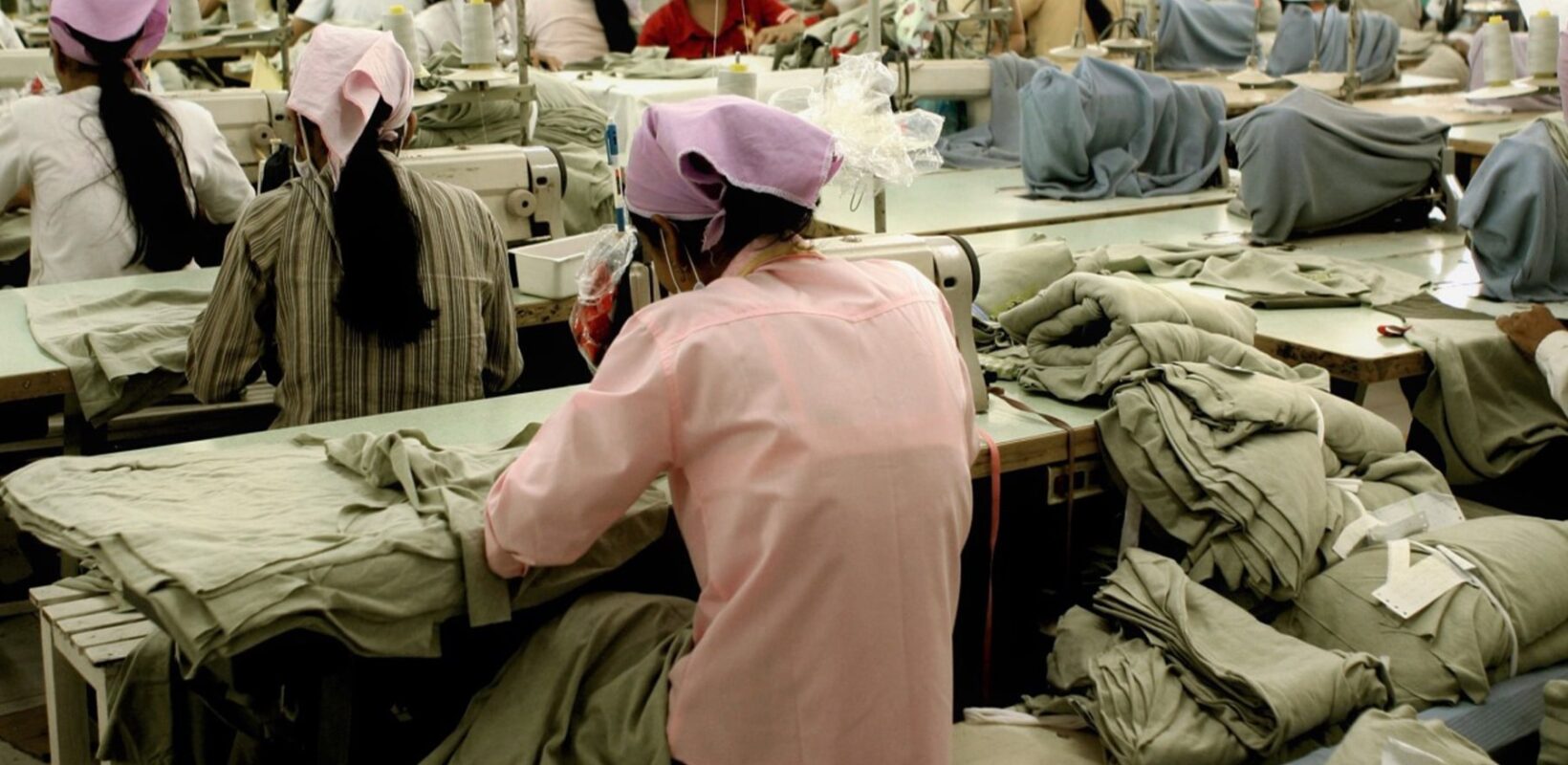
Evaluating responsible sourcing in the garment sector
Kumi has been appointed by the OECD to develop an Alignment Assessment toolkit for the garment sector. This project will result in an OECD-approved Alignment Assessment tool and methodology for companies to use in benchmarking their own practices and those in their supply chain against the recommendations that are set out in the OECD Due Diligence Guidance for Responsible Supply Chains in the Garment and Footwear Sector.
Following the tragic collapse in 2013 of the Rana Plaza factory in Dhaka, Bangladesh, where over 1,130 garment workers lost their lives, there was widespread recognition amongst the international community that although significant steps had been taken by companies in the garment sector to address human rights impacts and other issues, much more was needed. The OECD Guidance responds to this call and was developed through an extensive, multi-stakeholder process involving governments of both OECD and developing countries, businesses from all stages of the value chain, trade unions, civil society and technical experts.
The Guidance was published in early 2017. It aims to help companies identify and prevent potential negative impacts related to human rights, labour, the environment and corruption in garment and footwear supply chains worldwide. It is already being discussed, for example by members of the European Parliament, as a basis for future regulation of this sector.
Building on Kumi’s work on Alignment Assessments for the minerals sector
The Alignment Assessment project builds on the work Kumi has been doing with the OECD to develop and pilot test an Alignment Assessment methodology for the minerals sector (the minerals-focused methodology is being incorporated into the EU conflict minerals regulation).
The draft toolkit will be presented by Kumi and the OECD at the 2018 OECD Forum on Due Diligence in the Garment and Footwear Sector in Paris on the 30th-31st January 2018.
Once finalised, the toolkit will be made freely available by the OECD and companies will be able to use it to evaluate their operational and supply chain management practices.
The team at Kumi will be available to help companies apply the Alignment Assessment toolkit to their operations and supply chains. Based on our experience of applying the OECD Alignment Assessment approach to support companies in the mineral sector, we believe companies will find this a hugely insightful means of evaluating their due diligence and responsible sourcing activities and identifying priorities for improvement.
If you would like to find out more about how we can support, please get in touch.
Details of the OECD’s work in the garment sector are available on the OECD’s website.

